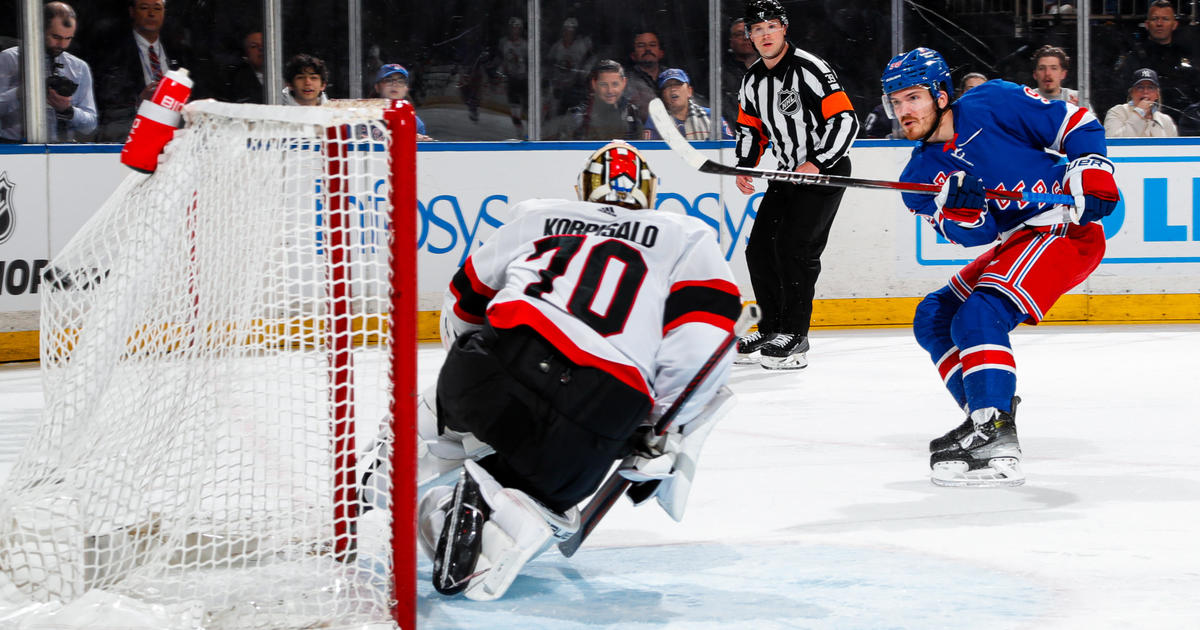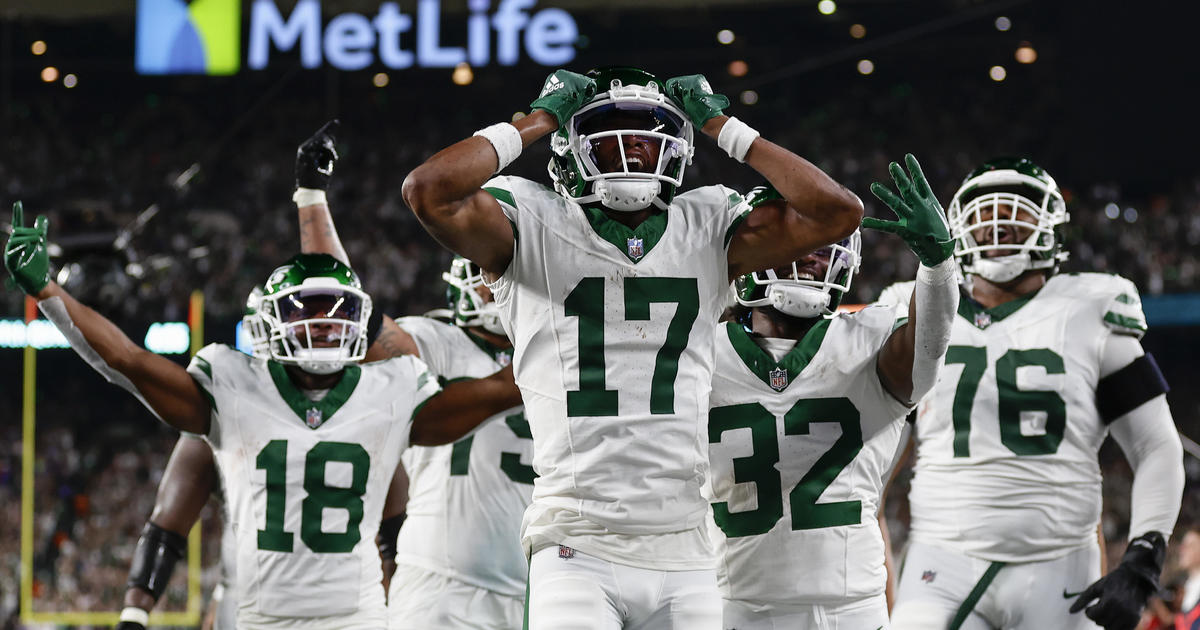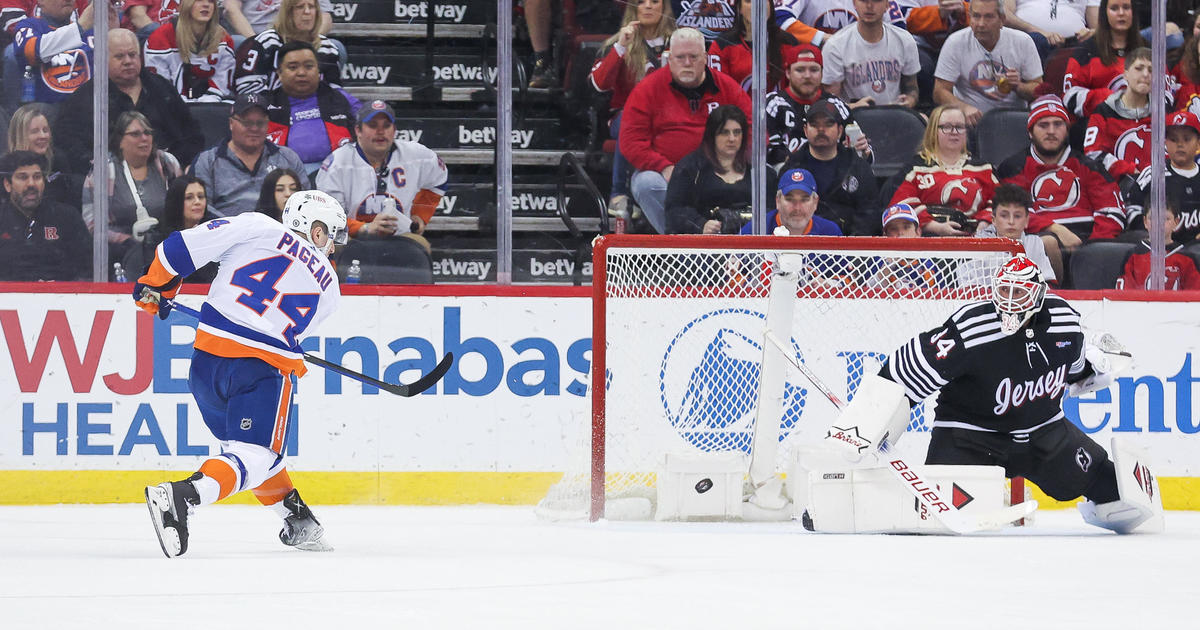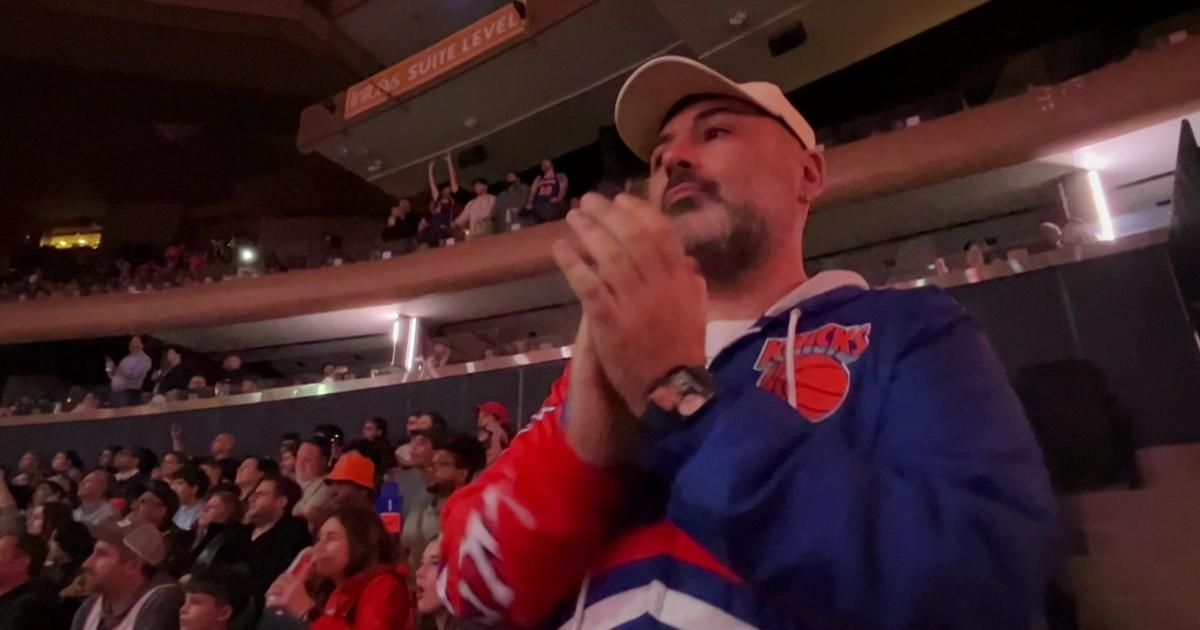Block: Why Fantasy Sports Is Ruining Fan Culture
Slowly fading are the days when fans follow the name on the front of the jersey. Careening toward extinction is the age-old question, "Who won the game?"
Today there are 57.4 million people spanning the United States and Canada who play fantasy sports, according to the Fantasy Sports Trade Association. And these players are entirely concerned with manufacturing a fantasy team made up of real athletes, with points being earned based off of those athletes' real production.
This is not a new trend. Fantasy sports is a multibillion-dollar business. FSTA estimates that on average, fantasy sports players in 2016 spent $556 on league-related fees, which values the industry at a bloated $31 billion. It's a money train with no brakes.
I don't deny that there's a huge market and demand for fantasy. It's palpable. And I haven't an elaborate theory for why someone shouldn't play fantasy, either. But, as a sports fan, I just can't empathize with those who love to play.
This is my love letter to sports.
I live for the two-on, two-out, down-by-two, bottom-of-the-ninth scenario. I cheer a player on with no other agenda than to see them help my team win. I believe in timing, not stats. Things happen for a reason, not because percentages indicate so. I'm a hopeless sports romantic. Give me unscripted drama in all its forms. Being baffled at how skill and talent can lose out to pure will and determination on any given day is why I tune in, or buy a ticket.
This puts me in the minority, I surmise. Never have I played fantasy sports, nor do I have the desire. Any substantial talk of fantasy sports washes over me like the beginning lyrics to "Bohemian Rhapsody" by Queen. "Is this the real life? Is this just fantasy?"
I don't know. But 64 percent of players watch more live sports because of fantasy, FSTA research states. Also, 61 percent read more about sports because of fantasy. So as a sports writer, I thank you.
As a fan, however, I want to wallow completely when my team loses, and bask when they win. Fantasy sports would rob me of those feelings.
I'm incapable of genuinely rooting for my favorite teams while simultaneously hoping that an opposing player does well enough to earn me fantasy points. I don't know how to separate the two. More importantly, I don't wish to.
Some fans don't feel a strong connection to any team, and never have, so fantasy suits them. Others, I imagine, enjoy fantasy because it's a form of gambling, even though there are several free leagues to choose from as well. Admittedly, fantasy can be a great bonding agent between family, friends and coworkers.
And fantasy sports does educate fans. It even develops new fans. However, its very essence discourages a live-and-die loyalty for a sports franchise.
Yet the interwoven fabric of fantasy and professional sports has influenced the way stadiums cater to fans. Team owners follow the trends, naturally, and have become some of the biggest enablers of fantasy players.
Many teams have made their stadiums Wi-Fi friendly, or are striving to. Among other luxuries that this provides, it allows fans to track real-time fantasy points, consequently turning live on-the-field action into a secondary event.
Intangibles in sports are gravely undervalued, and the idea of fantasy sports, to me, projects the notion that stats tell much of the story, which is often false.
Our culture is over stimulated by superfluous data. Just give me sports. For better or worse.
Follow Benjamin on Twitter at @benjaminblock21



